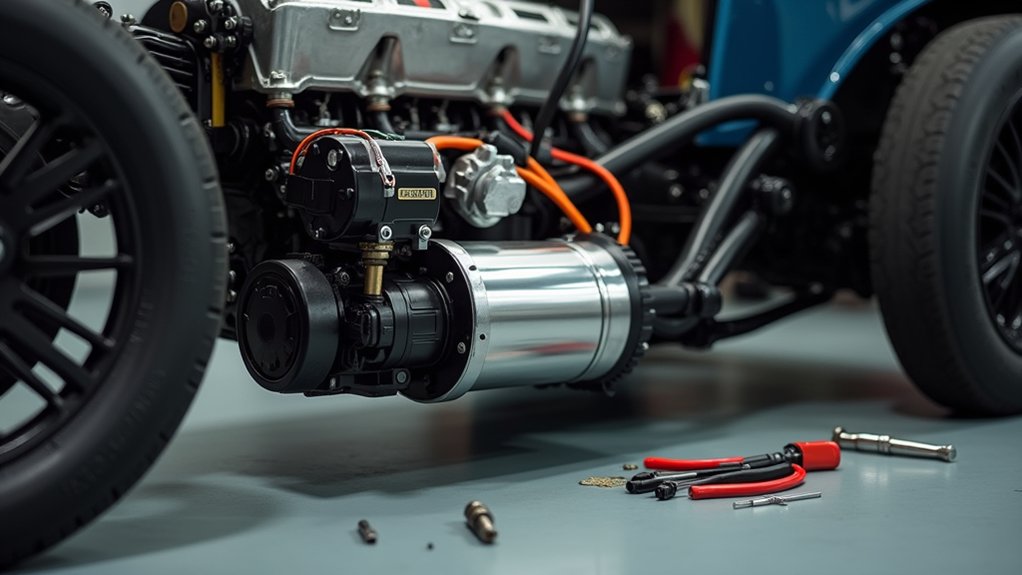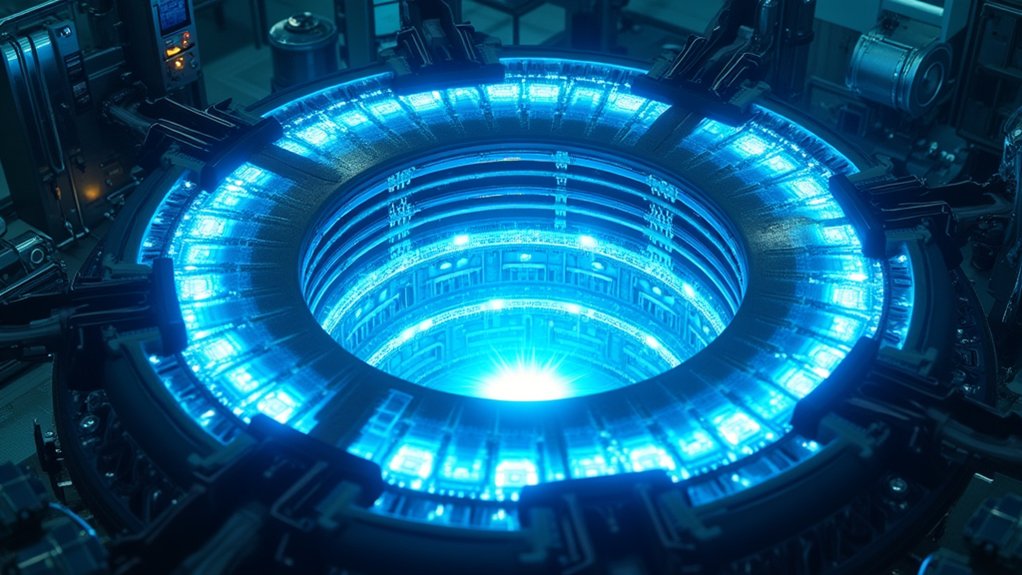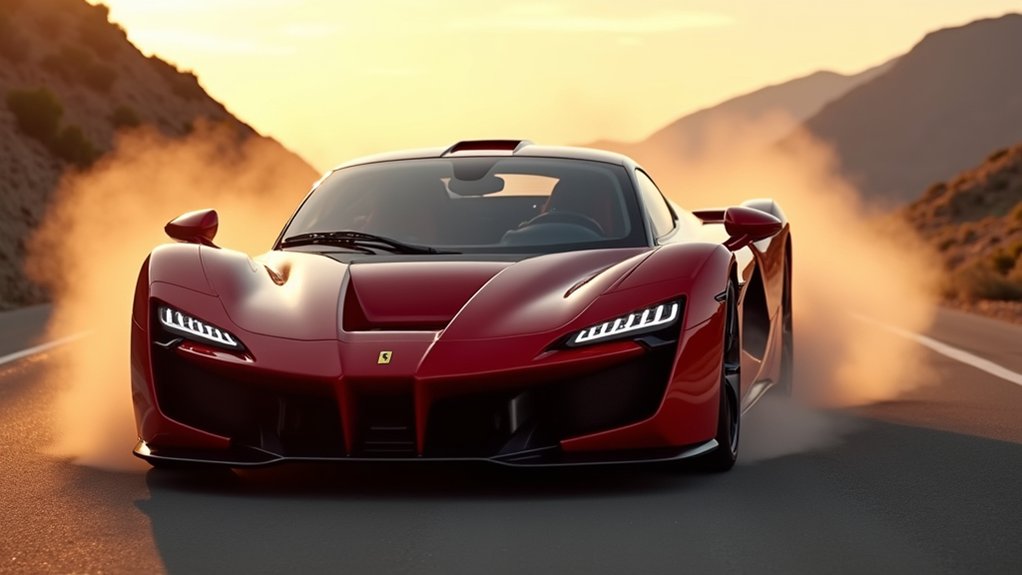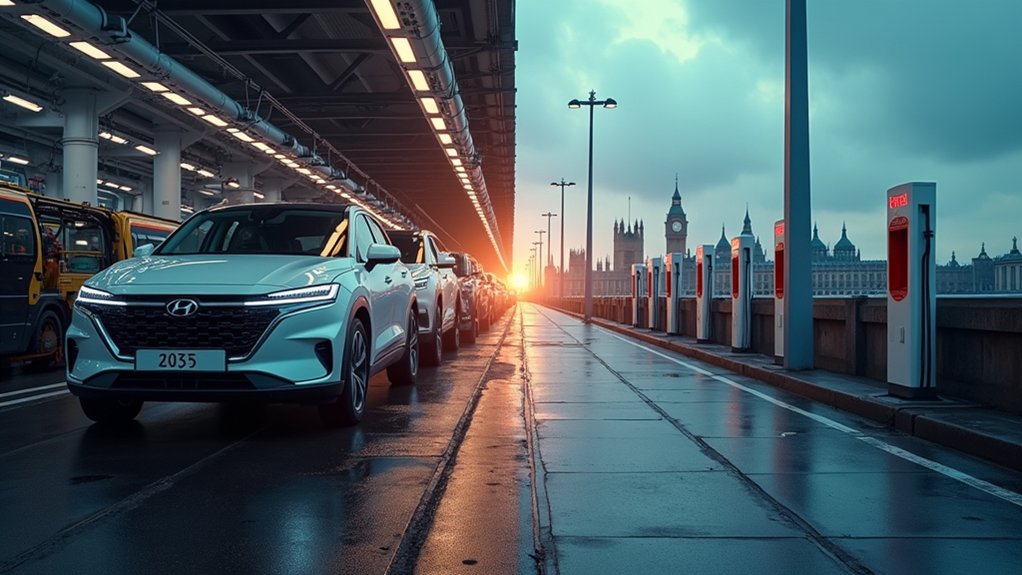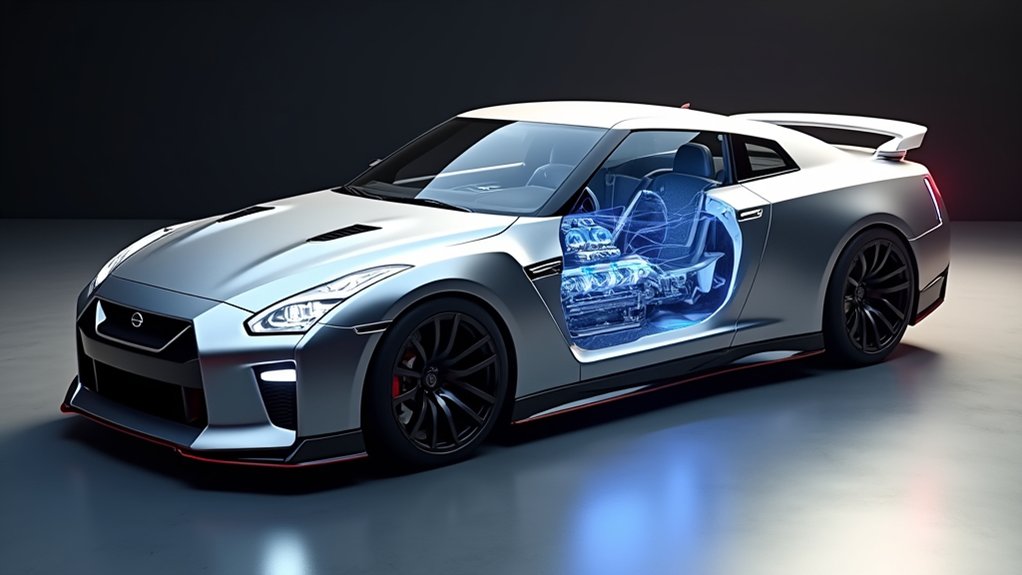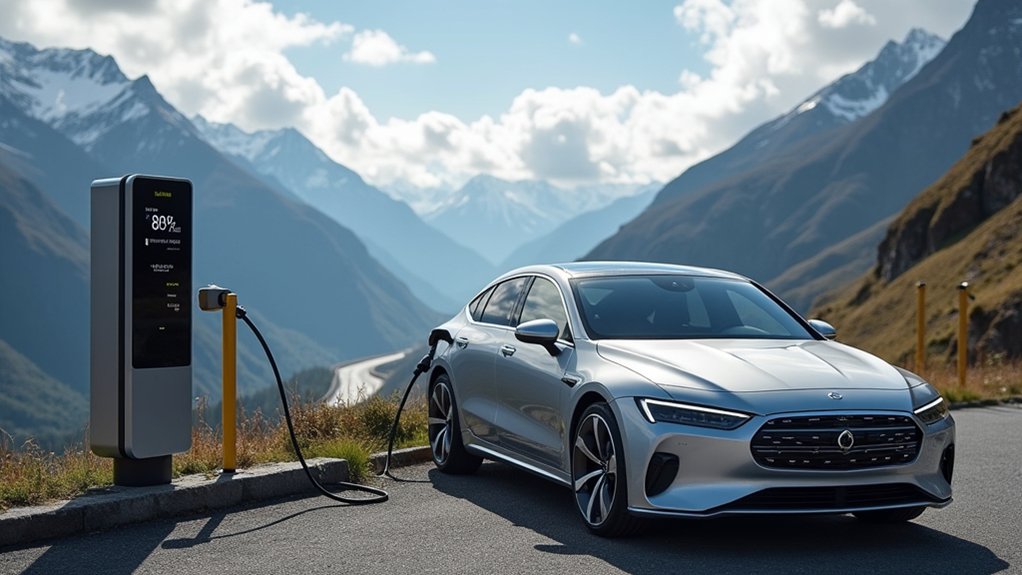While the automotive industry continues its march toward electrification, an unexpected trend is emerging that contradicts conventional wisdom – the conversion of traditional vehicles into hybrids rather than full EVs. This shift reflects growing pragmatism among vehicle owners seeking sustainable solutions without the prohibitive costs of full electric conversions.
Retrofit hybrid kits like REVR and Twin-E are transforming the market with remarkable efficiency. These systems, typically featuring 48V electric motors, compact battery packs, and planetary gearsets, can be installed in as little as a day – a stark contrast to the weeks required for complete EV conversions. The integration with existing powertrains maintains original driving characteristics while improving efficiency.
The economics are particularly compelling. At approximately $3,200, these conversion kits cost barely one-eighth the price of full EV conversions, which average $26,000. This accessibility has catalyzed adoption among owners of non-luxury and older vehicles who previously found electrification financially out of reach. Lightweight vehicles are especially ideal candidates for these hybrid retrofits, offering better performance with minimal modifications.
Hybrid conversion kits deliver electrification at just $3,200—making green technology accessible to mainstream vehicle owners once priced out of the market.
The environmental calculus makes sense too. By extending vehicle lifespans and reducing emissions, these retrofits represent a viable intermediate step toward transportation decarbonization. The regenerative braking systems and start-stop functionality deliver immediate efficiency improvements, with some kits enabling full-electric operation up to 50 km/h before the combustion engine engages.
Government incentives have accelerated market penetration in several regions. Regulatory frameworks increasingly recognize retrofitting as a complementary strategy to new EV purchases, offering subsidies that further reduce conversion costs.
The technology’s modularity represents perhaps its most significant innovation. Advanced planetary gearsets facilitate seamless shifts between power sources, while maintaining compatibility across diverse vehicle platforms. Many systems provide impressive electric-only ranges of over 100 km in urban driving conditions, making them practical for daily commutes. Some innovative designs even incorporate propane generators as secondary power sources for extended-range capability beyond battery limitations.
I’ve observed this flexibility creating particular appeal among classic car enthusiasts and fleet operators seeking gradual progress to cleaner technologies.
As emissions standards tighten globally, these hybrid conversion kits offer a practical pathway for existing vehicles to meet new requirements without premature retirement. The market’s expansion suggests hybrid retrofitting represents not merely a stopgap but a sustained approach to transportation electrification.
